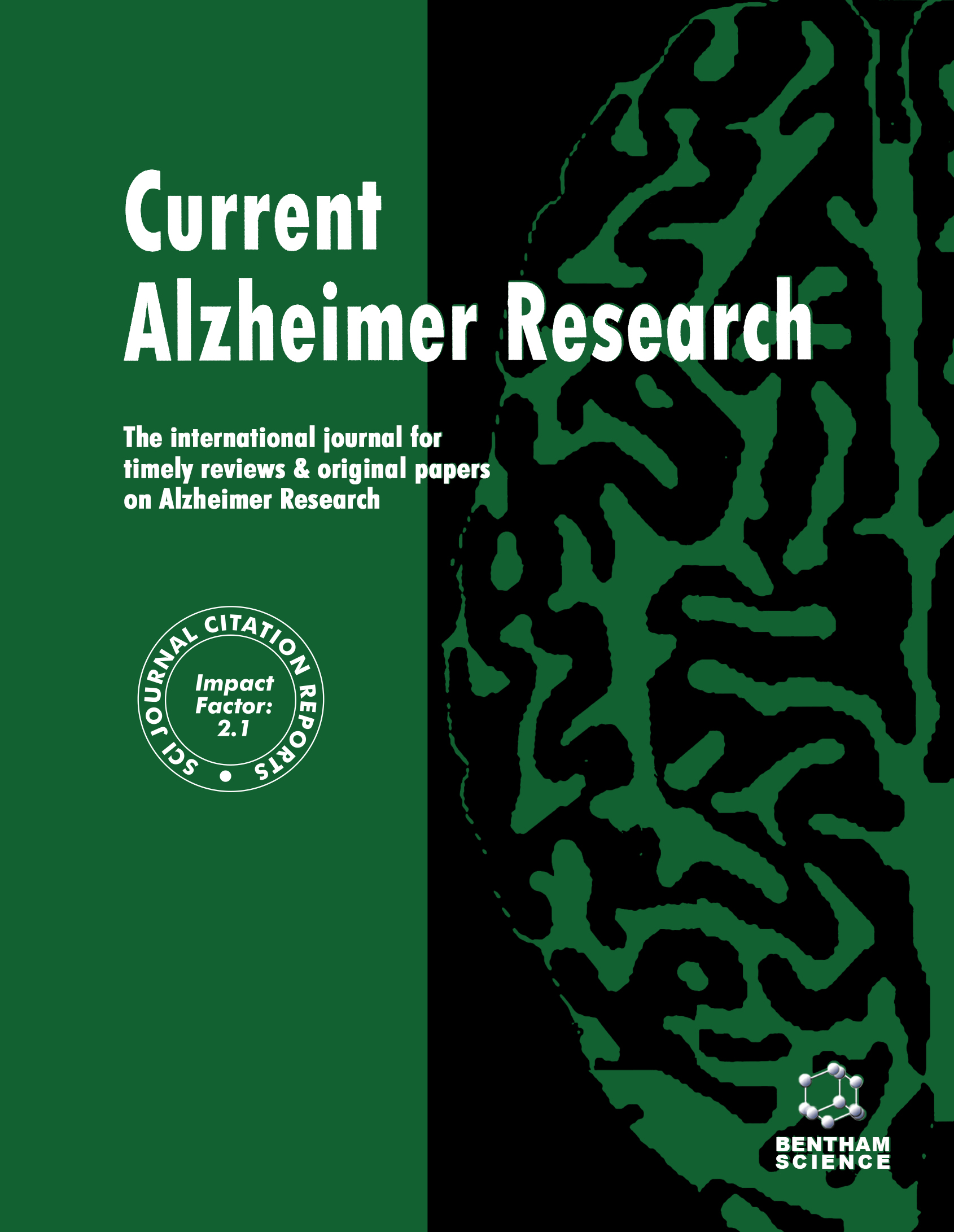-
s Cogstim: A Shared Decision-making Model to Support Older Adults’ Brain Health
- Source: Current Alzheimer Research, Volume 20, Issue 3, Mar 2023, p. 202 - 208
-
- 01 Mar 2023
Abstract
The lack of effective treatments for cognitive decline in older adults has led to an interest in the possibility that lifestyle interventions can help to prevent changes in mental functioning and reduce the risk for dementia. Multiple lifestyle factors have been related to risk for decline, and multicomponent intervention studies suggest that changing older adults’ behaviors can have a positive impact on their cognition. How to translate these findings into a practical model for clinical use with older adults, however, is not clear. In this Commentary, we propose a shared decision-making model to support clinicians’ efforts to promote brain health in older persons. The model organizes risk and protective factors into three broad groups based on their mechanism of action and provides older persons with basic information to allow them to make evidence- and preference-based choices in choosing goals for effective brain health programs. A final component includes basic instruction in behavior change strategies such as goal setting, self-monitoring, and problem-solving. The implementation of the model will support older persons’ efforts to develop a personally relevant and effective brainhealthy lifestyle that may help to reduce their risk for cognitive decline.


